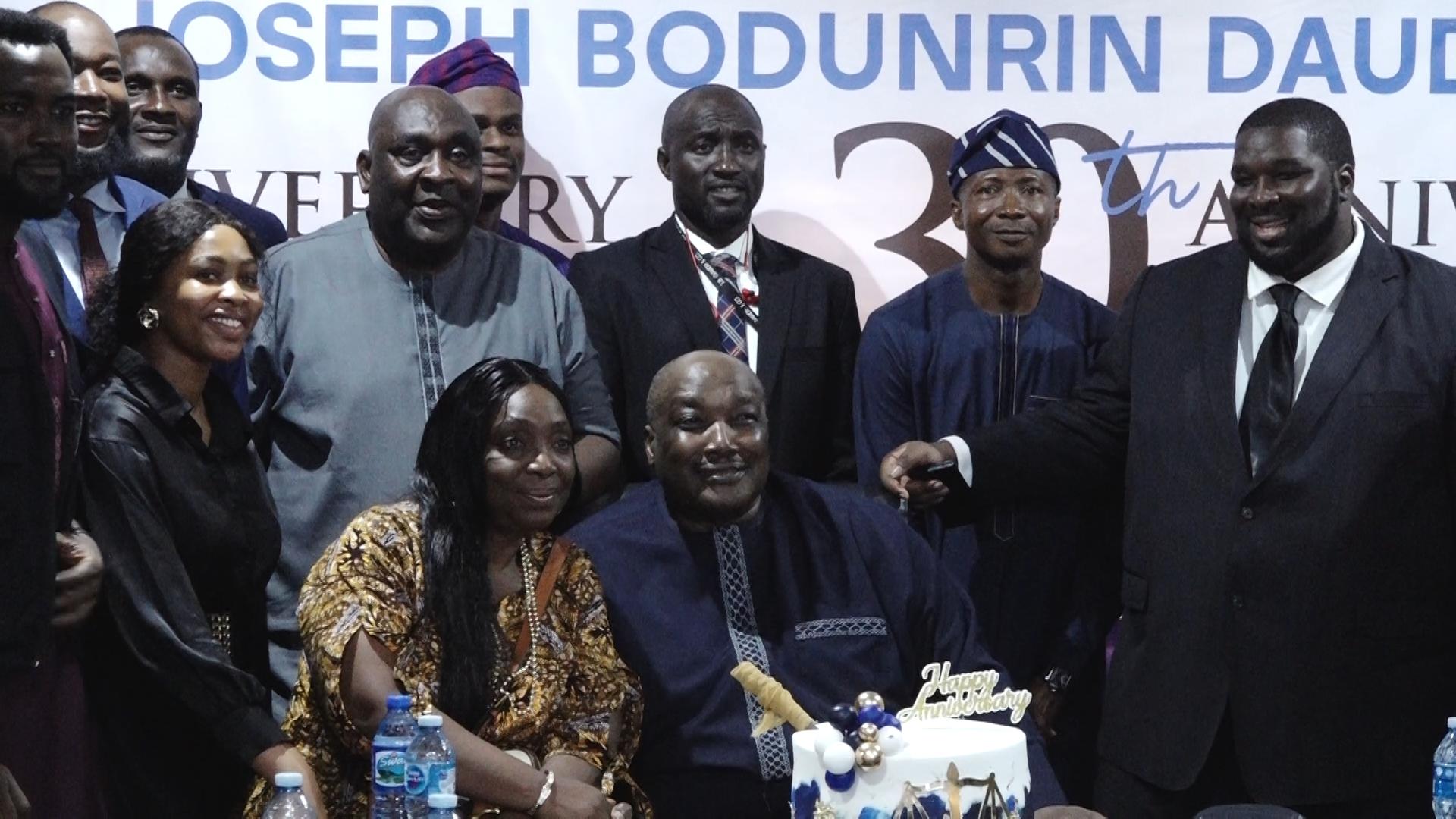Financial Autonomy: Constitution didn’t insulate LGs from States control – Ndarani
By Ebere Agozie
A Senior Advocate of Nigeria, Mohammed Ndarani, has said the 1999 Constitution (as amended) has failed to ensure Local Government autonomy, because State Governments exert undue financial and administrative control.
Ndarani made this known in an interview with the News Agency of Nigeria (NAN) on Sunday in Abuja.
He said that in spite of constitutional provisions, local governments struggle to function effectively due to consistent state interference and manipulation, a situation exacerbated by historical patterns of dependency.
The senior advocate called for a constitutional amendment that guarantees direct allocation of funds to local governments.
“The Supreme Court on July 11, 2024 issued a landmark judgment affirming the financial and administrative independence of Nigeria’s third tier of government, the Local Government, and the reason for this was self-evident.”
The learned silk said that the implementation of the verdict was practically impossible with the current constitutional provision, adding that there would have to be a deliberate constitutional adjustment for this.
“Though the constitution recognises the local governments as the third tier of government, that recognition does not stand up in reality because of the provision in Section 162 (6)-(8) of the same constitution setting up the State Joint Local Government Account (SJLGA).
“While I welcome the move for financial independence for local governments, the strangle-hold of that section still renders the dream of an effective local government autonomy just that, a dream.
“This amendment should ensure direct funding to the councils, enforcement, compliance that demands accountability from the local government Chairmen.
“We should not lose sight of the fact that the existence of the local government is to ensure that development is spread to the grassroots and that our rural communities feel the impact of governance.”
He said that it was the hijack of local government funds by the state governors that led the Federal Government to institute the suit that brought the financial autonomy of local governments and restrained state governments from interfering with funds meant for the local governments.
“The result of the joint account between the councils and state governments has practically rendered the local governments sterile such that the local governments cannot but dance to the tune of the state governments that control the purse-strings.
“This has also meant that the local governments have been emasculated from the mainstreams of Nigeria’s development and thus, the rural populace are often left wondering if they are part of this great entity called Nigeria”.
He said that because the court has no right to and did not strike out the existence of the State Joint Local Government Account, the states still serve as conduits for fund disbursement.
“This makes the judgment difficult to enforce without further constitutional reform as the federal government cannot bypass states and deal directly with local governments which is constitutionally wrong.
`This is the joint account into which the allocations from the Federation Account intended for local governments must be paid, hence, the difficulty in implementing the local government autonomy as declared by the apex court.
“While the constitution mandates the states to distribute these funds to local governments, this provision inadvertently placed local governments at the mercy of state governments.
“In practice, many state governments divert these funds, disburse them partially, or use them to fund state assigned projects without any direct benefit to the councils.
“This has led to widespread concern that federal allocations were not actually reaching the grassroots, which undermined the spirit of local governance and development.’’
He advised that Section 7 of the Constitution be amended to guarantee full political and financial autonomy of local governments to ensure direct allocation of funds from the Federation Account to local government accounts.
Ndarani reiterated that the only lasting solution to the plight of the local government councils would be to amend the constitution to either abolish the State Joint Local Government Account entirely or guarantee direct allocation.
“With allocations coming directly to local government councils, they would be compelled to account for such funds more responsibly, thus leading to development and inclusive participation.’’ (NAN)(www.nannews.ng)
Edited by Sadiya Hamza






